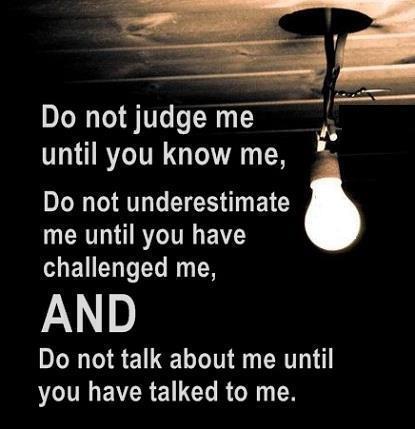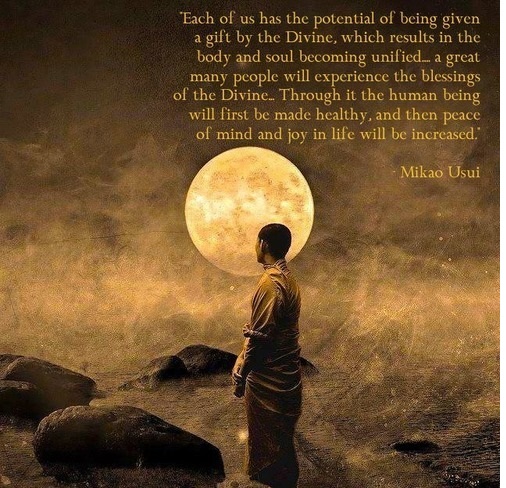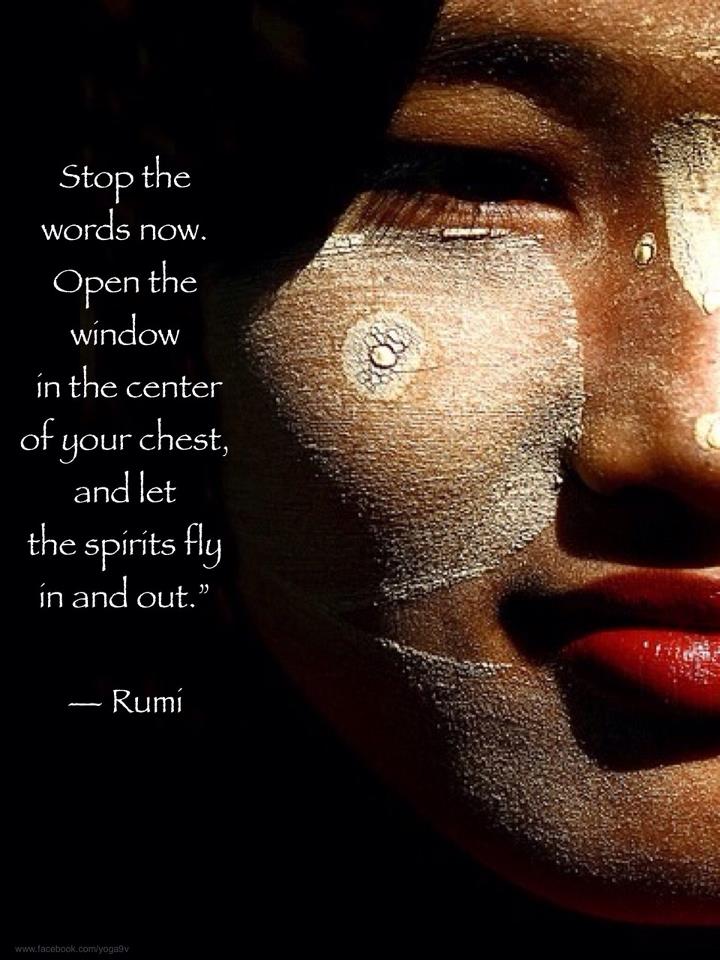Spirituality
Awaken Your Spirit
Spirituality and Science: Complementary Paths to Understanding, Not Opposites

Are spirituality and science inherently at odds?
The common narrative often paints them as warring worldviews, one rooted in faith, the other in facts.
But this dichotomy oversimplifies both. In truth, spirituality and science can coexist, and even enrich each other, when we understand what each truly entails.
Clarifying the Terms
Science is not a static body of knowledge, but a dynamic method for investigating reality. At its core, science relies on:
- Objective observation (gathering data without bias),
- Testable hypotheses (proposing explanations that can be verified or falsified),
- Empirical evidence (relying on what can be measured and observed),
- Predictive power (using discovered patterns to forecast future outcomes),
- And crucially, falsifiability—the willingness to revise or discard theories when new evidence emerges.
This last point is key. Unlike dogma, scientific understanding is provisional. Newton’s laws gave way to Einstein’s relativity; classical physics expanded into quantum mechanics. Science thrives on being wrong, because being wrong leads to deeper truth.

Spirituality, by contrast, is often misunderstood as synonymous with religion. But spirituality is broader: it’s the human impulse to seek meaning, connection, transcendence, and inner transformation. It asks questions like:
- Who am I?
- What is the nature of consciousness?
- Is there a deeper unity underlying reality?
Unlike institutional religion, which may rely on sacred texts and unchanging doctrines—spirituality can be experiential, open-ended, and deeply personal.
Where Conflict Arises, and Where It Doesn’t
Conflict emerges not between science and spirituality, but between science and dogmatic belief systems that reject evidence.
Consider creationism: when someone insists the Earth is 6,000 years old despite overwhelming geological, biological, and astronomical evidence, they are not practicing science, they’re using scientific language to defend a fixed belief. True science would follow the evidence, even if it challenges cherished ideas.
But many scientists are also deeply spiritual. Albert Einstein spoke of a “cosmic religious feeling”, a sense of awe at the universe’s intelligibility. Carl Sagan described science as a “candle in the dark,” illuminating not just how the cosmos works, but evoking wonder at its beauty. Neither required supernatural explanations, yet both experienced profound reverence.

Science as a Tool for Spiritual Exploration
Modern science is increasingly illuminating phenomena once considered purely mystical:
- Meditation and mindfulness: fMRI studies show that long-term meditators exhibit measurable changes in brain regions linked to attention, empathy, and emotional regulation.
- Psychedelic research: Clinical trials with psilocybin (the active compound in “magic mushrooms”) reveal that mystical-type experiences can lead to lasting reductions in anxiety and depression—prompting renewed scientific interest in consciousness and transcendence.
- Neurotheology: This emerging field studies how spiritual practices affect the brain, showing that prayer or chanting can activate neural circuits associated with peace, focus, and self-transcendence.
Even brainwave entrainment, using sound or light to guide the brain into meditative states, is a direct fusion of scientific understanding and spiritual practice. These technologies don’t replace spirituality; they offer new pathways to access states traditionally cultivated through years of discipline.

A Scientific Spirituality?
Can spirituality be “scientific”? Yes, if it remains open to inquiry, evidence, and revision. A spiritual belief that says, “I experience a sense of oneness during meditation, and I’m open to understanding how my brain and environment contribute to that,” aligns with scientific thinking. It treats personal experience as data, not dogma.
Conversely, declaring “God exists exactly as my scripture says, and no evidence could ever change that” steps outside the scientific framework, not because it mentions God, but because it closes the door to questioning.
Conclusion: Two Wings of the Same Bird
Science and spirituality need not be opposites. Science asks how the universe works; spirituality asks why it matters. One maps the mechanics of reality; the other explores its meaning and our place within it.
As the physicist David Bohm once suggested, reality may be an unbroken whole, what he called the “implicate order.” From this view, the quest for knowledge and the search for meaning are not separate journeys, but complementary aspects of a single human endeavor.
So if prayer brings you peace, pray. If meditation deepens your awareness, meditate. And if science reveals the neural correlates of those experiences, embrace that too. In the end, a humble, curious mind—whether in a lab coat or on a meditation cushion, is walking the same path toward truth.

Born Again: Spiritual Awakening And Near-Death Experiences
Spirituality: Near-death survivors tell us stories of out of body experiences and spiritual awakening. How could it be possible for near-death experiences to result into religious experiences that would totally transform a person? Is it really possible to attain enlightenment through this experience? Most people would perceive that spiritual awakening is associated with religious personas, like saints, yogis, and lamas.
Therefore, ordinary people experiencing spiritual awakening can be both fascinating and frightening for some. There are some who intentionally journey towards enlightenment through meditation, yoga and other traditions and rituals. But there are others who experience spiritual awakening on their death-bed.
In an essay written by Dr. David San Filippo titled Religious Interpretations of NDEs, he stated that a “near-death experience (NDE) is a conscious experience in which the individual experiences a sense of being detached from the physical world during the process of physiological dying.” Medically, near-death experiences as described by Dr. Filippo, is when the patient cannot breathe making the muscles in the heart to fail and powerful substances are released. Also, NDE survivors say that they would have an out-of-the-body experience, where the spirit or the soul detaches itself from the body. During these detachment, survivors can experience seeing darkness or the light, meeting spiritual and divine people, and somehow judging their lives. In a survey performed in 1991, there were 13 million Americans or 5 percent of the population who report that they have experienced an NDE.

Near-death experiences and spiritual awakening after them can actually transcend any culture and religion. Regardless, if the patient believes in the divine or Supreme Being, near-death experience could happen. What happens during a near-death experience? The survivor first feels a sense of being dead and peace. The soul or the spirit separates from the body and meets with different entities which have already passed away like family, friends, even angels and religious persona.
FrizeMedia Ghana SEO SEM Digital Marketing Proposal
The Best And Top Digital Marketing And SEO Services In Ghana
The spirit seems to be rising into the air and encounter a Light which is often associated with the Supreme Being, whether it is God or Allah. The survivor then senses what happened to their life and judges it. Commonly, the survivors feel reluctant on going back to the world of living. Survivors cannot sense any time or anything that would restrict them from going wherever they want. There are significant psychological effects of these near-death experiences to the survivors.
According to Dr. P.M.H. Atwater (People are dramatically Changed by NDEs), here are some the psychological effects which can also be somewhat referred to enlightenment or spiritual awakening:
• Unconditional love- NDE survivors turn themselves into fully loving and generous people who would wonder and express themselves to each person they see.
• Timelessness – survivors begin to follow the “flow” and tend to ignore schedules and time frames. They would shift their focus and give more importance on the present.

• Psychic – some survivors would wake up or return to the world of the living with heightened senses or extrasensory perception.
• The soul- survivors would show more interest on reincarnation and would later on accept this concept regardless of their previous belief.
Since they have experienced the soul or the spirit separating from the body, they understand that the body is nothing but a coffer for the soul.
• Communication- NDE survivors display the use of new language or new vocabularies which is totally different with what they are used to speaking before. These effects of NDE can be treated as spiritual awakening since the person transforms into a new person.
Ancient Rituals Of Spiritual Awakening
Browse All Our Informative Topics
InternetBusinessIdeas-Viralmarketing Home Page
Tweet
Follow @Charlesfrize










New! Comments
Have your say about what you just read! Leave a comment in the box below.